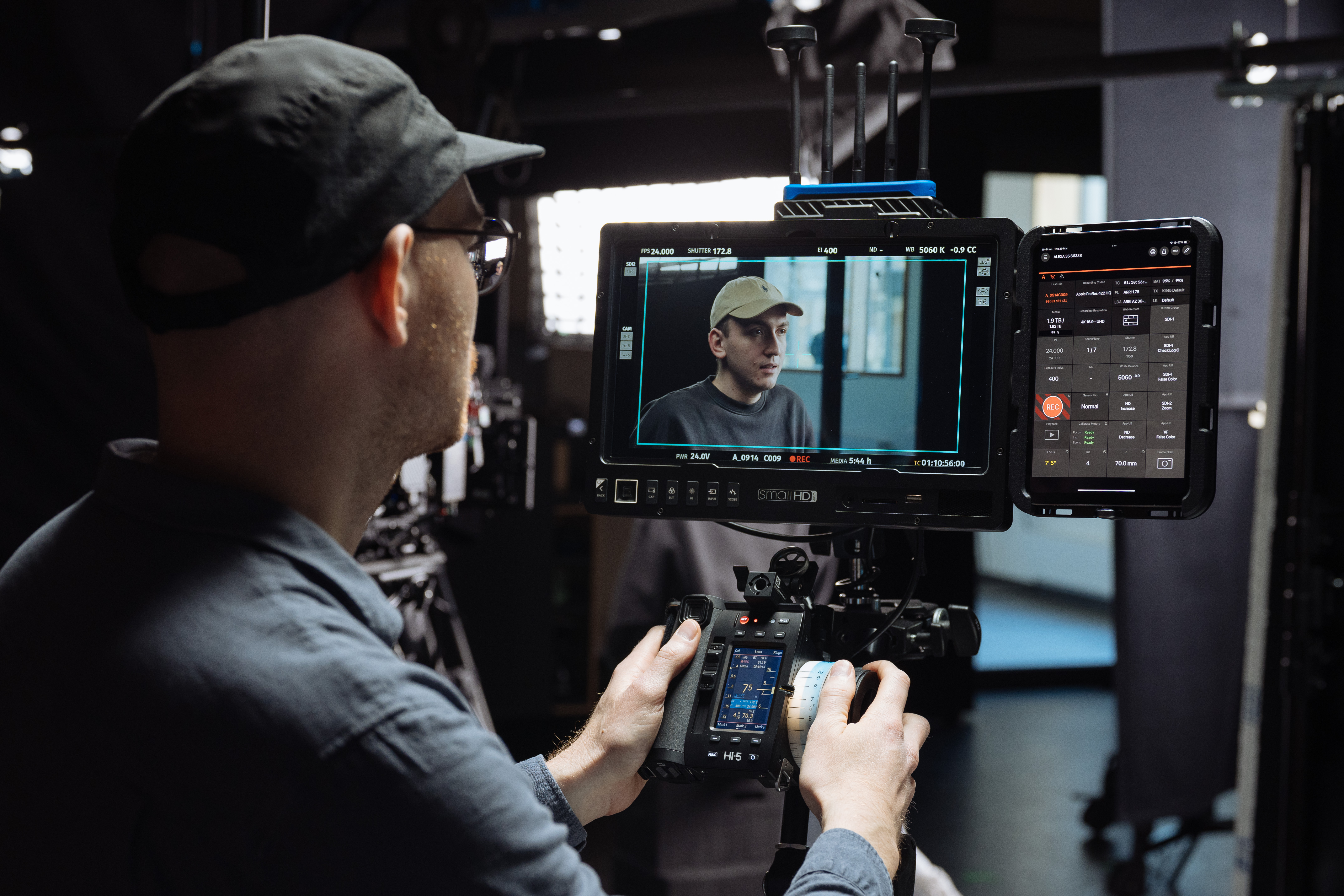FCC to test DTV conversion
The commercial television stations in the Wilmington, NC, market have agreed to shut down their analog operations on Sept. 8, more than five months ahead of the national DTV transition date of Feb. 17, 2009. The noncommercial station in the market, which rebroadcasts another station, will not participate because it would have technical problems with converting to local origination.
Spreading the word
The early transition for the Wilmington market was announced at a press conference held by the FCC in May. Representatives of the stations involved, the mayor of Wilmington, and electronics retailers Best Buy and Circuit City were on hand for the announcement. The press conference was preceded by a private meeting with FCC chairman Kevin Martin and the FCC staff members who will be working on this project.
Martin indicated that the FCC's efforts will include having an office located in Wilmington, which will be staffed by various FCC personnel in the months leading up to the transition. In addition, FCC staff members will attend various local events where they will set up booths to help spread the word. The commission will also seek help from diverse local groups, including community service groups and those that deliver meals to the elderly and shut-ins, so word of the early transition can be passed to hard-to-reach populations.
At the press conference, Martin gave credit to FCC commissioner Michael Copps for promoting the idea of having a test market or markets to help both in preparing for the overall DTV transition and in spotting potential problems. Martin said that Wilmington was chosen as one of a few possible test markets because all of the stations are already set to go with full-power DTV operations. Sources indicate that considerable efforts were made by the chairman to persuade the Wilmington stations to participate.
Cable and satellite carriage
Practical considerations that led some stations to hesitate about going forward early included the need to make sure that there would be continued cable and satellite carriage after the switch to all-digital. Martin said he had received indications from both cable companies and satellite companies that they would be ready to go with continued carriage as of Sept. 8. The question of whether that carriage would be in HD remained open.
Get the TV Tech Newsletter
The professional video industry's #1 source for news, trends and product and tech information. Sign up below.
The only critical note came from FCC commissioner Jonathan Adelstein, who questioned whether the commission would be willing and able to make similar efforts, including the anticipated attendance at local events and the organization of outreach efforts to shut-ins and the elderly, to make the transition work in other markets.
The Wilmington initiative is now well underway, with the devotion of considerable FCC staff resources to the project both at the agency's Washington, D.C., headquarters and on the ground in Wilmington.
Harry C. Martin is a past president of the Federal Communications Bar Association and a member of Fletcher, Heald and Hildreth, PLC.
Dateline
- August 1 is the deadline for TV stations in California to file their biennial ownership reports.
- In the following states, August 1 is also the deadline for TV, Class A and LPTV stations that originate programming to place their annual EEO reports in their public files and place them on their Web sites: California, Illinois, North Carolina, South Carolina and Wisconsin.
- On August 1, TV stations with more than 10 full-time employees in North Carolina must electronically file their broadcast EEO midterm reports (Form 397) with the FCC.
Send questions and comments to: harry.martin@penton.com
